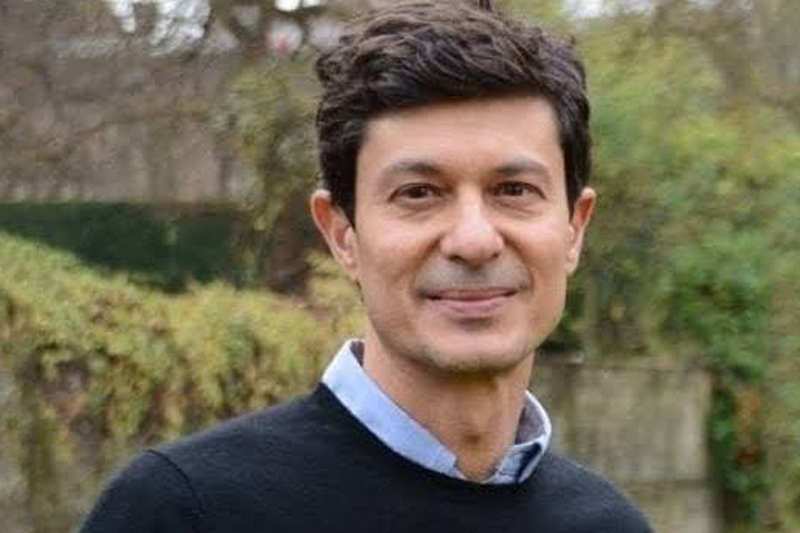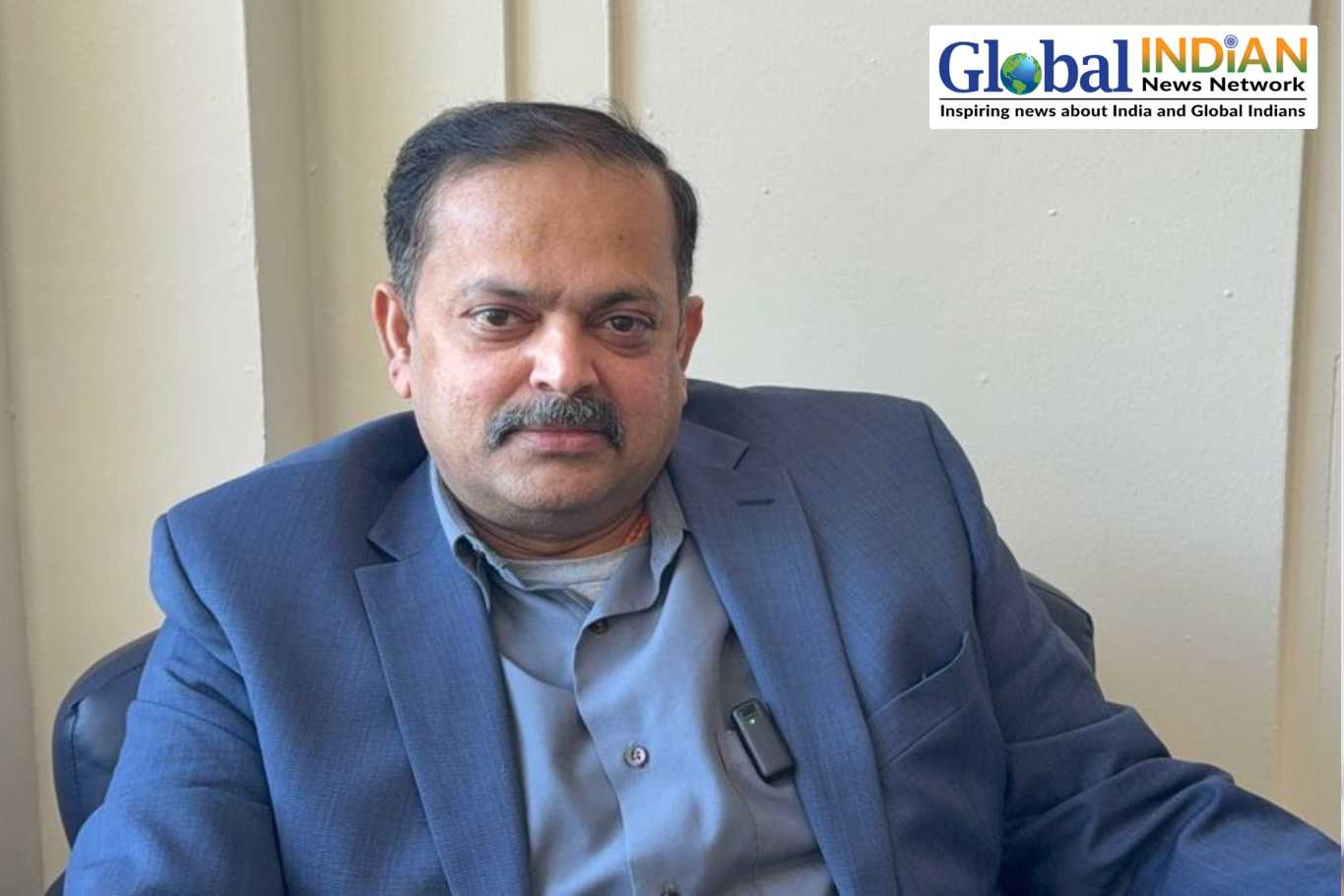
Kaivan Munshi, a prominent figure in economic development, was appointed Frederick W. Beinecke Professor of Economics at Yale University in June 2024. He is associated with the Faculty of Arts and Sciences (FAS) within the Department of Economics and is also linked to the Economic Growth Center.
With over 30 years of research experience, Munshi has focused on the impact of informal community institutions on development. His initial research provided robust empirical evidence demonstrating how social norms and community networks significantly influence individual decisions and outcomes in developing economies. He then examined how these networks can either facilitate or hinder the mobility of their members, yielding crucial insights for development. Much of his work is grounded in India, where caste serves as a natural social unit around which various economic functions, such as job and credit provision, can be organized.
Since joining Yale in 2019, Munshi has continued to build on his research regarding social networks, delving into the historical roots of private enterprise in both India and China. He has also expanded his research in two new directions. First, he is analyzing inter-ethnic interactions, focusing on the dynamics between upper and lower castes in rural India. His findings suggest that status considerations can help explain the observed trend of women withdrawing from the labor force alongside economic growth. Secondly, at the intersection of economics and evolutionary biology, he is investigating how pre-modern adaptations to scarcity can clarify two recent observations: the weak link between nutritional status and income in developing countries and the high diabetes risk among individuals with normal weight in those regions.
Munshi’s work has received support from multiple NSF and NIH grants and has been featured in reputable journals, including the American Economic Review, Journal of Political Economy, Quarterly Journal of Economics, and the Review of Economic Studies. In recognition of his significant contributions, he was awarded the Infosys Prize in Social Sciences in 2016 for his analysis of the complex roles communities, such as ethnic groups and castes, play in economic development.
He holds a Ph.D. in economics from the Massachusetts Institute of Technology, as well as M.S. and M.C.P. degrees from the University of California, Berkeley, and a B.Tech. from the Indian Institute of Technology.









